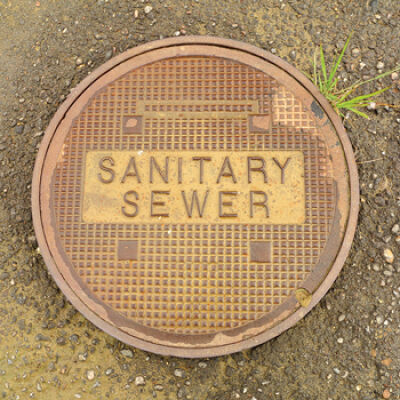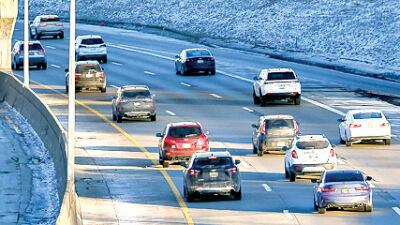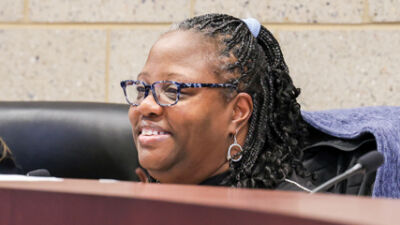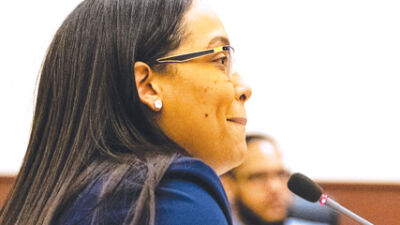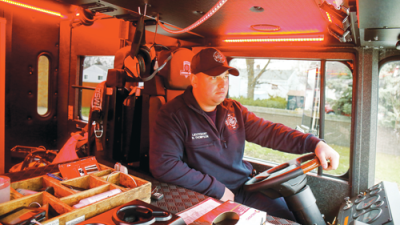ROSEVILLE — The Roseville City Council is aiming to make the city’s sewers a bit cleaner and last a bit longer with the unanimous approval of two ordinances at its June 25 meeting.
According to Department of Public Services Director Rob DeBruyn, fats, oils and greases in the sewer system become acidic and can eat away at cement pipes. He predicts that regulating the disposal of these substances will become the standard in the future for municipalities.
“This is a policy that will require businesses that prepare food and have the necessity for grease traps to enter into an inspection program,” DeBruyn said.
DeBruyn said this will cut down on the time spent by DPS employees cleaning out sewers.
“With controlling the amount of fats, oils and greases that get in there, it’s going to reduce us doing that,” he said. “It’s trapping grease in the establishment, cleaning it out and disposing of it properly at that point, instead of throwing it in the sewer and letting everybody else worry about it at that point.”
The two ordinances are preliminary regulations. This program is still in its early stages and is subject to change, according to DeBruyn. The first ordinance establishes annual fees for businesses to have a sewer clean-out and inspection. The second ordinance sets out what businesses need to do to properly dispose of grease. Traps can come in a variety of forms depending on the business, from under the sink to bins outside. DeBruyn said many newer fast-food restaurants have grease traps on the outside that are cleaned on a regular basis, meeting the new ordinances.
DeBruyn said the city worked closely with its engineering firm, Anderson, Eckstein & Westrick, on the project.
“We’re stepping slowly into this because we don’t want to adversely affect the businesses, but we do want to protect our sewers,” DeBruyn said.
Restaurants in the city will have to pay an annual $300 fee to clean the grease in the sewers (or $75 per quarter). These charges will be added to the water and sewer bill. If DPS determines that more clean-outs and/or inspections are necessary, businesses might have to pay additional fees. However, DeBruyn said these figures are “placeholders” and will be finalized when the policy is drawn up.
“We don’t want this to become punitive; we want this to be a cooperative kind of thing,” DeBruyn said.
Businesses started after the ordinance change will be required to have an “adequately sized” grease trap. A change in occupancy can also trigger the need for a business to install one of these traps.
“We’re going to work closely with them to make sure they have the proper standards, because most, if not all, of the businesses want to comply,” DeBruyn said. “I just don’t know if they’re clear on how to comply.”
DeBruyn said older businesses are not included currently, but will be when the policy is in place. He said at this point information will be given out to those businesses so they can be compliant. Though, he said, many may already be doing the right things. The newly set bundle of ordinances is the first step in the process. DeBruyn said a more comprehensive policy will be drafted by early 2025. He said businesses impacted will be made aware of the changes throughout the process.
“It’s going to be an education process in the first phase and an implementation process in the second phase,” he said.
Robert Wojtacha, Logan’s Roadhouse general manager at the Roseville location, said the restaurant utilizes two systems to keep grease out of sewers.
“The water and grease goes into one, the grease rises to the top. Then it goes into the next trap system, the grease rises to the top and then that water would go into the sewer system,” Wojtacha said. “It doubly prevents it.”
Wojtacha said that every two months the grease traps at Logans are cleaned out by a contractor and the restaurant is given a report about the health of the system. This report is also sent to the business’s corporate office.
“To me, that $75 that they might charge to somebody who doesn’t have it up, I think that’s a dime compared to what they charge if your grease makes it out into the sewer and then starts backing stuff up,” Wojtacha said.
He said he doesn’t see anything wrong with the heightened precautions by Roseville. He said, compared to other cities he’s run restaurants in, the city is easy to work with.
“I don’t see anything bad about it,” Wojtacha said. “I think it’s going to be a win-win situation for everybody.”
Roseville isn’t the only community that has done this. At the June 25 meeting, DeBruyn discussed the program’s similarities to Clinton Township. Chuck Bellmore, assistant superintendent of water and sewer in Clinton Township, said the program has been in the community for over a decade. Bellmore said that restaurants have gotten used to the process.
“I was just talking to the inspector two weeks ago and he said everybody pretty much knows he’s going to be around,” Bellmore said.
Like DeBruyn, Bellmore sees these regulations catching on more and more. He cites the example nicknamed the “fatberg,” a mass of solid waste pulled from the sewer system in Macomb County in 2018, as raising awareness about the impact of harmful substances in the sewer system. The mass was pulled out at the Clintondale Pump Station and cost about $100,000 to clean up, according to Bellmore.
“It was detrimental to the entire county,” Bellmore said. “It was a combination of grease and oils from all the communities. If we can get the food services to take it out before it ends up in the sewer, it’s going to be a good thing.”
Bellmore compares the negative effects of fats, oils and greases to nutrition in the human body.
“It’s a very bad product in the sewers, just like it would be in the veins, heart and arteries,” Bellmore said. “If it’s managed properly, everything goes well.”
 Publication select ▼
Publication select ▼